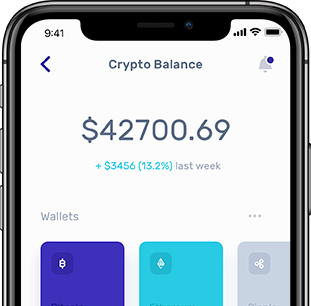For the past quarter of a century, there has been an extended and unprecedented Bull market in Gilts, the name given to bonds issued by the UK Government dating from days when the bond certificates were literally gilt-edged in what, during the 19th century, was a generally successful attempt to persuade investors that they were, quite literally, as good as gold. The chart below shows that the secular trend in the rate of interest paid on the benchmark 10-year UK Government Bond has been steadily downwards since the early 1990s, interrupted only briefly by upward bumps on three occasions:
- at the peak of the dot.com boom at the beginning of the new millennium,
- at the peak of the unsustainable financial boom that preceded the international financial crisis of 2008/09, and
- during the anaemic recovery that followed the financial crisis in 2013.

However, after 2013 gilt rates continued to fall. The yield on the 10-year Gilt hit an all-time low of just 0.124% on August 12th 2020. This rate is less than the rate of inflation, so investors are losing money in real terms by buying UK Government bonds. Some commentators have even speculated that the next step might be negative interest rates – with investors paying the Bank of England for the privilege of holding their cash reserves.
Why would anyone want to do this? The answer is, of course, that they wouldn’t; keeping cash under the floorboards makes more sense. Or indeed, holding digital currencies or near-money such as gold and silver. Hence the recent rise in their prices.
The yields on government bonds have been kept artificially low by regulations that oblige commercial banks to hold a minimum proportion of their reserves in Gilts, and by Quantitative Easing (QE), with the Bank of England creating money to buy Gilts.
But printing money creates another risk – inflation. The Covid lockdown has restricted our ability to spend this money, with pubs, restaurants, cinemas, theatres, gyms and sports events all closed. Lockdown cannot last indefinitely. The Bank of England’s own Chief Economist, Andy Haldane, predicted earlier this month that, as lockdown is eased, it would act like a “coiled spring” releasing large amounts of “pent-up financial energy” firing “on all cylinders”. According to Mr Haldane, once things start to open up again, we can expect consumers to spend like drunken sailors on shore leave, driving a sharp rebound in growth.
I’m not sure I entirely agree with him. Given recent turbulence and the dislocation caused by recent government policy swings, consumers may be more cautious than he predicts. But there will undoubtedly be an upturn in spending and an increase, in economic terminology, in the velocity of circulation, or the rate at which the stock of money circulates around the economy. Yes, one would expect this to result in positive economic growth. But one would also expect it to result in an increase in the general price level. In which case, the results might not be quite as rosy as Mr Micawber – oops, sorry, Mr Haldane! – expects. In particular, it may force the Bank of England’s Monetary Policy Committee on which Mr Haldane sits to ease back QE and / or raise the Base Rate from its current rate of 0.1% (an all-time low). That in turn would cause ripple effects across the yield curve, and an increase in longer term gilt yields.
There are signs that the money market is already pricing this in. The chart below shows the yield on 10-year Gilts since the beginning of 2020. It spiked upwards when the Covid pandemic first struck last March. Then it steadily fell through the year. However, as the chart shows, it has risen again since August, and in recent days the rate of increase has accelerated.

My conclusion is that the yield on UK Gilts is more likely than not to continue to rise over the medium term. We may never again see a time when savers and investors are paid 0.124% interest a year for the privilege of investing in a ten-year British Government Bond.
Michael Nevin is the author of The Golden Guinea: The International Financial Crisis 2007-2014, Causes, Consequences and Cures.













